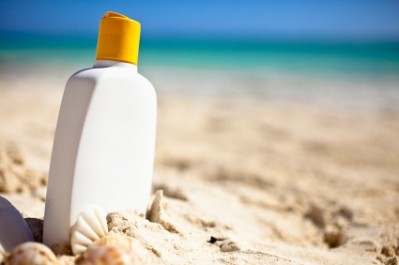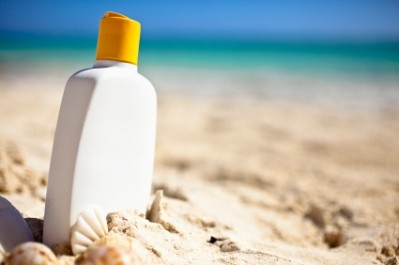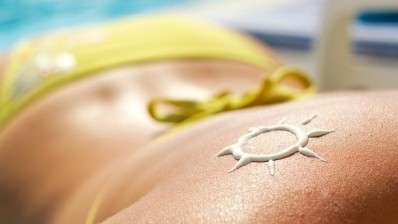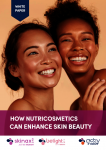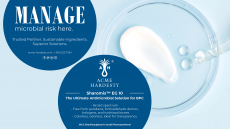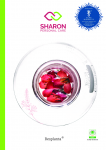Study shows that using sunscreens on kids prevents melanoma in adulthood
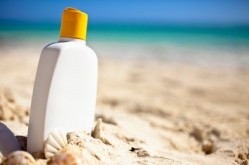
Lead author John L VandeBerg, PhD, published the findings of the research in the latest edition of the peer reviewed scientific journal Pigment Cell and Melanoma, says the research was driven by the fact that the incidence of malignant melanoma continues to rise, despite the greater use of sunscreens.
"While sunscreen is highly effective in preventing sunburn, this paradox has led some to question whether sunscreen is effective in preventing melanoma caused by ultraviolet (UV) light," VandeBerg said.
"It has been suggested that sunscreen enables people to receive more UV exposure without becoming sunburned, and that increased exposure to UV light has led to an increasing incidence of melanoma."
First natural mammalian model to test UV-induced melanomas
The researchers point out in the article that until recently the effectiveness of sunscreen was difficult to determine because no natural mammalian model of UV-induced melanoma has existed until now.
However, the Texas Biomedical Research team says it has established the gray short-tailed opossum, a South American marsupial, as being a perfect model to test facial SPF lotion available over-the-counter.
Testing for evidence of pre-melanotic lesions – known to progress melanoma, the researchers found that the use of the lotion on infant opossums led to a 10-fold reduction, when compared to opossums that were applied with placebo lotion.
The researchers noted that even with low doses of UV light, there was a similar difference in the number of lesions between opossums protected with SPF lotions and those not.
No sunscreens equates with higher incidence of lesions
The lesions tended to develop when the opossums were in their adolescences, while prior studies had already confirmed that these lesions do not generally progress into melanomas until adulthood.
“Evidence that supports this hypothesis is that melanoma is not induced in adult opossums when their shaved skin is irradiated by UV light in the absence of sunscreen," said VandeBerg.
In the journal article, the research team speculates that if sunscreen is used consistently in childhood, and more specifically in infancy, can help significantly cut down on the risk of lesions because skin cells divide at a much faster rate during infancy, which is a stage when those cells are most susceptible to UV damage.
